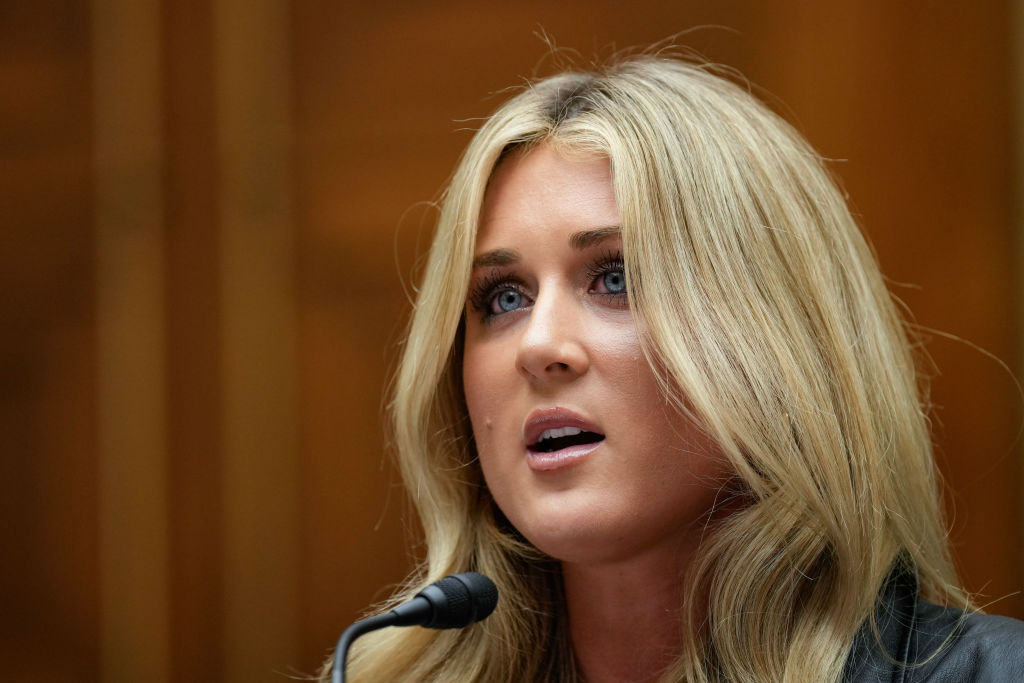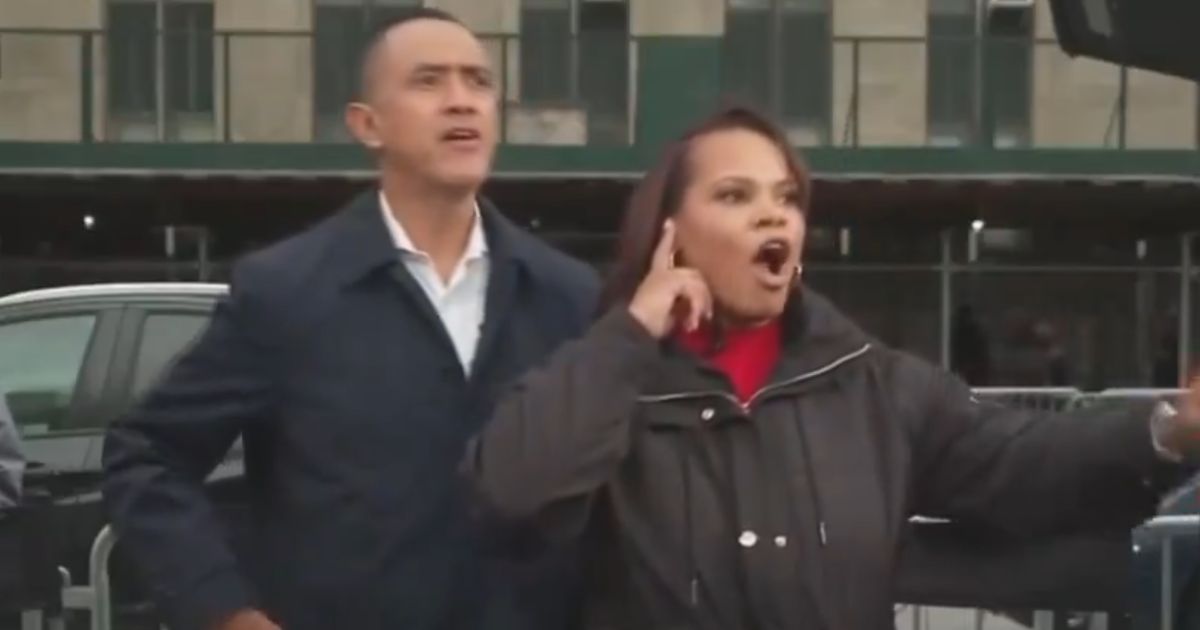SURVEY: 65% Of Democrats Say Govt Should Ban ‘Misinformation,’ Even If It Suppresses Truth

According to a new poll from Pew Research Center, two out of every three Democrats believes the government should actively crack down on “online misinformation,” even if doing so restricts traditionally protected First Amendment freedoms.
Overall, 48% of Americans agreed that “the government should take steps to restrict false information, even if it means losing some freedom to access and publish content.” That represents a sharp increase from 39% in 2018.
But a closer look at the polling data shows that the rising support for government thought suppression has largely been a one-sided, partisan affair. It also reveals another way America has become polarized by political affiliation.
In 2018, Republicans and Democrats opposed the idea of government-mandated restrictions on speech at roughly the same rate. Only 37% of Republicans and 40% of Democrats wanted political authorities to intervene in online content.
In 2021, the percentage of Democrats who want the government to regulate online speech increased to 65%, while just over one out of every four Republicans (28%) agreed.
“Today, 70% of Republicans say those freedoms should be protected, even it if means some false information is published,” reported the Pew Research Center. “Nearly as many Democrats (65%) instead say the government should take steps to restrict false information, even if it means limiting freedom of information.”
A similar divergence took place when it came to the two parties’ views of whether tech companies should bar the posting or sharing of views it deems “misinformation.” A majority of Democrats already backed companies, like social media platforms, quashing speech three years ago, but the percentage has risen to 76% by this year.
Republicans were evenly split in 2018, but today only 37% think powerful online outlets should be able to crack down on disfavored viewpoints.
The two forces have begun to converge, as the Democrat-controlled White House has called on social media platforms like Facebook, Twitter, YouTube, and Instagram to “create robust enforcement strategies” to ban those who share “misinformation” from their platforms.
“We’re flagging problematic posts for Facebook that spread disinformation,” said White House spokesperson Jen Psaki last month.
“You shouldn’t be banned from one platform and not others … for providing misinformation out there,” said Psaki. She said the companies should coordinate efforts and begin “taking faster action against harmful posts, as you all know, information travels quite quickly.”
That message has spread throughout the administration, which has seemingly questioned the constitutionality of sharing information it considers false.
On the day that Kabul fell, Surgeon General Vivek Murthy told CNN’s Brian Stelter that “while we all have the right to make our own choices, we don’t have the right to irresponsibly spread misinformation.”
In reality, the constitutional freedom of speech has no loophole allowing the government to restrict information or viewpoints it does not favor.
“The First Amendment protects false statements of fact (although it does allow for people who make false statements of fact that damage others’ reputations to be sued for defamation),” according to the Freedom Forum Institute, which was created by the founder of USA Today newspaper.
The issue recently went to court, when the pro-life Susan B. Anthony List sued the state of Ohio over an ordinance which made it illegal to distribute “false” statements about a candidate.
“[We are not] arguing for a right to lie,” they said. “We’re arguing that we have a right not to have the truth of our political statements be judged by the [g]overnment.”
The court agreed, striking down the ordinance in 2014.
“We do not want the [g]overnment … deciding what is political truth — for fear that the [g]overnment might persecute those who criticize it. Instead, in a democracy, the voters should decide,” ruled Judge Timothy Black in the ruling to the case, Susan B. Anthony LIST, et al., Plaintiffs, v. OHIO ELECTIONS COMMISSION. (Emphases in original.)
The views expressed in this piece are the author’s own and do not necessarily represent those of The Daily Wire.
The Daily Wire is one of America’s fastest-growing conservative media companies and counter-cultural outlets for news, opinion, and entertainment. Get inside access to The Daily Wire by becoming a member.
" Conservative News Daily does not always share or support the views and opinions expressed here; they are just those of the writer."





